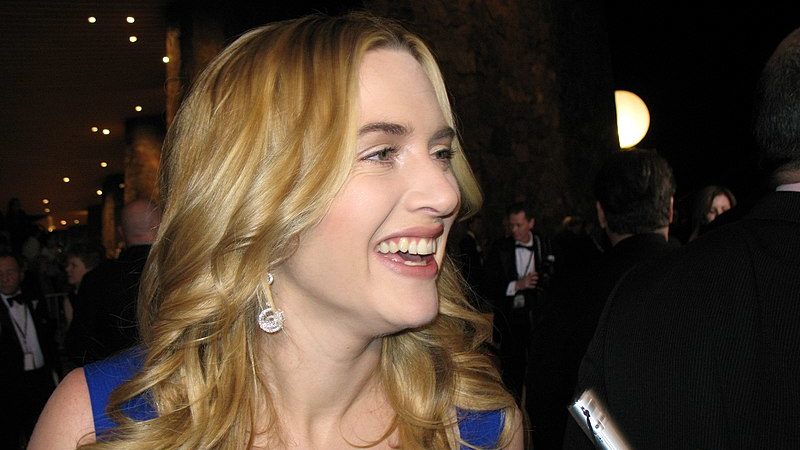Actor Kate Winslet Says She Was Misled About Film She Narrated on Gaza Conflict
Kate Winslet, the Oscar-winning English actor who raised eyebrows recently when she provided voiceover narration for a controversial documentary about the 2021 conflict between the Israeli military and armed Palestinian groups in the Gaza Strip, Eleven Days In May, has told Jewish News that she was misled about the film’s content when she agreed to participate in the project.
The 90-minute film, co-directed by Michael Winterbottom and Gaza-based Mohammed Sawwaf, accuses Israel of “colonialism” and “apartheid” and shows gruesome images of children killed in the war.
Sawwaf, whose family has ties to Hamas, the terrorist organization that rules the Gaza Strip, runs a Gaza-based production company, Alef Multimedia, that specializes in so-called pro-resistance dramas.
This holiday season, give to:
Truth and understanding
The Media Line's intrepid correspondents are in Israel, Gaza, Lebanon, Syria and Pakistan providing first-person reporting.
They all said they cover it.
We see it.
We report with just one agenda: the truth.


The film has been criticized for both major factual errors and the omission of important context. One example: It refers to “seven rockets” fired from Gaza; the actual number was in the thousands – 4,360, according to the Israeli military – including dozens launched before Israel responded with airstrikes. Another example: Palestinian youth who were killed by Hamas rockets that misfired or fell short of crossing the Gaza border and reaching their targets in Israel are portrayed as victims of Israeli attacks.
Winslet told Jewish News that Winterbottom “invited me to narrate a documentary he was making with the support of UNICEF and Oxfam, on the impact of war on children. In this case, the children of Palestine. I’ve trusted Michael for over 25 years, so put my faith in him to ensure the final product befitted these admirable humanitarian organizations. The decision seemed simple.”
“That my participation could be interpreted as taking a stand on the rights and wrongs of one of the world’s most tragic and intractable conflicts never entered my thinking,” the actor said. “War is a tragedy for all sides. Children have no voice in conflict. I simply wanted to lend them mine.”
UNICEF also distanced itself from the film, saying that it had “no communication at all with Mr. Mohammad Sawwaf, the film’s co-director. UNICEF did not contribute to scripting or financing of the film, has no formal association with the film, and the views of the film are those of the filmmakers, not of UNICEF.”

